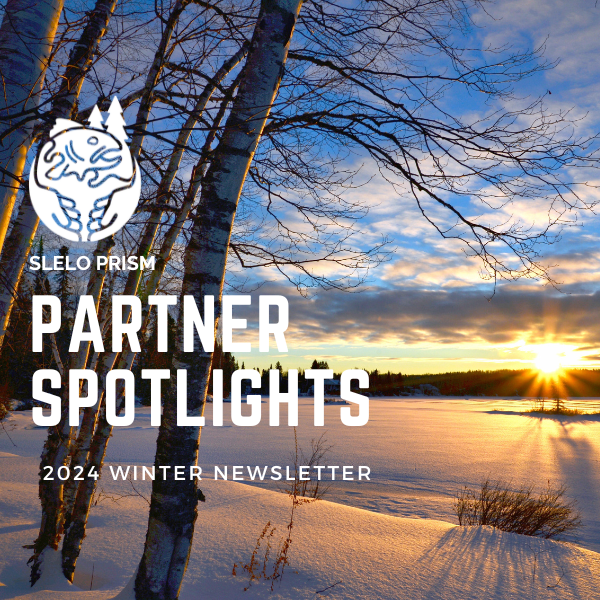This article was featured in the 2024 Winter Newsletter by, James McCready-Forest Health Network.
The Regional Forest Health Network (RFHN) was established in 2008 by the Eastern Ontario Model Forest to bring Government Agencies, Municipalities, Conservation Groups, First Nations and landowners together to deal with the threat invasive species bring to our forests. Unfortunately, emerald ash borer was found in Ottawa in 2008 which took over our agenda for several years.
In 2017, the RFHN continued its efforts to provide information sharing, support and expertise to municipalities, private landowners, homeowners, property owners and forest practitioners. We reconnected with Cornell University and St. Lawrence County on the other side of the St. Lawrence River and took trainings with these groups in Canton, New York to learn and share information on invasive insects.
We currently have 28 partners in the network who are dealing with what we see on the horizon; hemlock woolly adelgid, spotted lanternfly, oak wilt, Asian longhorned beetle, and spongy moth to name a few. We have also been dealing with climate change which has brought us a derecho in 2022 and an ice storm in 2023.
Four of the partners that we count on for information on various invasive species are the Canadian Food Inspection Agency (CFIA), Natural Resources Canada (NRC), the Ministry of Natural Resources & Forestry (MNRF), and the Invasive Species Centre (ISC). The Conservation Authorities of Eastern Ontario have taken over the Administration of the Forest Health Network and work very closely with all the partners. We have recently connected with the SLELO PRISM which gives us the much-needed partnership to share information on invasive species from south of the St. Lawrence.
This article was featured in the 2024 Winter Newsletter by, Gabriel Yerdon-Tug Hill Commission
In support of the Black River Initiative, the NYS Tug Hill Commission and the NYS Department of Environmental Conservation’s Great Lakes Program are pleased to present another year of environmental progress, driven by a diverse set of stakeholders within the Black River Watershed. The Black River Initiative Newsletter is an annual showcase meant to highlight important water-quality related work ongoing in the watershed. Some highlights from 2023 include the following: Climate Smart Lewis, drinking water improvements, projects, and partner updates.
The 2023 newsletter, along with editions from past years, can be found here. If you find the content of this newsletter interesting, the Black River Watershed Conference, June 2024, will showcase more progress and emerging challenges in the watershed. Keep an eye out for registration details! Thank you for your interest and involvement in keeping the abundant waters of the Black River Watershed safe, clean, and accessible for people and wildlife alike, for generations to come.
Please fill out the form below to be added to our listserv and receive our seasonal newsletter, event invitations and other announcements.


